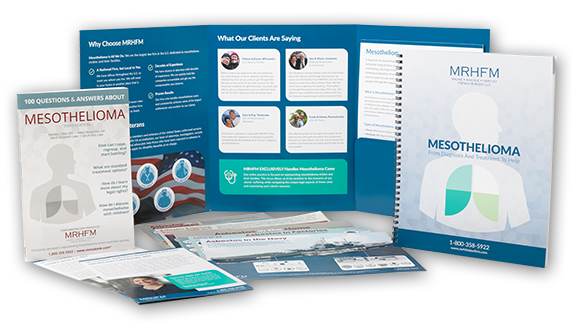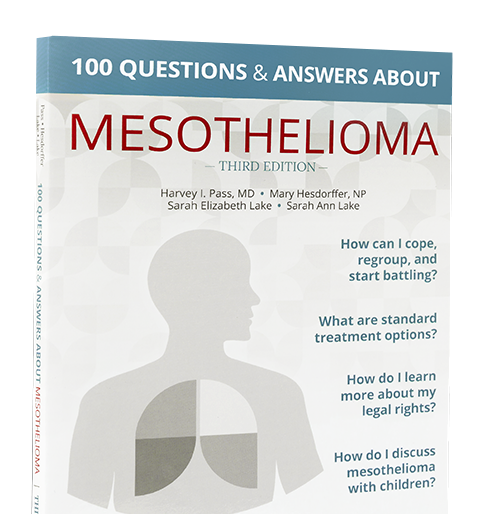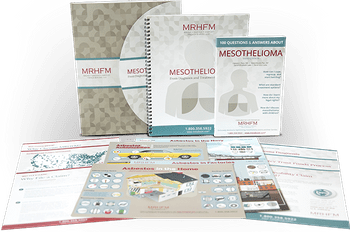A recent study conducted by researchers at UNC School of Medicine says a tiny nanoparticle, smaller than a human hair, could help the body’s immune system fight cancer. Researchers in the study “used a nanoparticle to combine a checkpoint inhibitor with aOX40, or anti-tumor necrosis factor receptor superfamily member 4,” reports UNC News. Since the team, led by Dr. Andrew Z. Wang, also believed that radiation treatment could help stimulate T-cells, they added a “priming dose” of radiation.
“The combination stimulated T-cells at higher rates in laboratory studies than antibodies delivered separately. In tumor models, binding together immunotherapies with a nanoparticle was more effective at attacking tumors than when the compounds were delivered separately,” reports UNC News.
“In animal models of melanoma, treating mice with the combination-nanoparticle treatment and given radiation produced the highest immunotherapy response rates, and a cure rate of 30 percent.” The team also found “greater control of breast cancer in laboratory studies using the combination, and increased survival time.”
Dr. Wang said the study suggests that, “if you’re able to present two different therapeutics at the same time to immune cells to help them fight cancer, the effect is greater. It’s difficult to deliver them at the same time unless you tie them together, and a nanoparticle is one great way to tie the two together.”
The results will help researchers, “build better delivery systems to maximize the potential of immune-boosting therapy for cancer,” added Benjamin Vincent, MD, and co-author of the study.
Although immunotherapy is in its earlier stages, it is FDA approved to treat certain types of cancers. It is not approved to treat mesothelioma just yet. However, thanks to positive results in studies such as Dr. Wang’s, immunotherapy is now at the center of a number of mesothelioma clinical trials. Early findings in one ongoing trial of 125 patients showed that immunotherapy may slow the growth of mesothelioma after relapse. At 12 weeks, cancer had not worsened in 44% who received nivolumab (Opdivo) and in 50% of those who received nivolumab with ipilimumab (Yervoy).
“Our findings suggest that immunotherapy may provide new hope to patients with relapsed mesothelioma,” said lead study author Arnaud Scherpereel, MD.
If you have been diagnosed with mesothelioma, talk to your doctor about participating in a clinical trial. A developing treatment could be effective in treating your specific type of mesothelioma. Talk to your doctor today.
Sources
Scherpereel, Arnaud. "Early Research Suggests First Immunotherapy for Mesothelioma on the Horizon." ASCO. American Society of Clinical Oncology (ASCO), 05 June 2017. Web. 08 June 2018.
Wang, Andrew C. “UNC Researchers Identify Promising Delivery Method for Immunotherapy Combination.” UNC Lineberger, University of North Carolina at Chapel Hill School of Medicine, 08 May 2018. Web. 08 June 2018.





